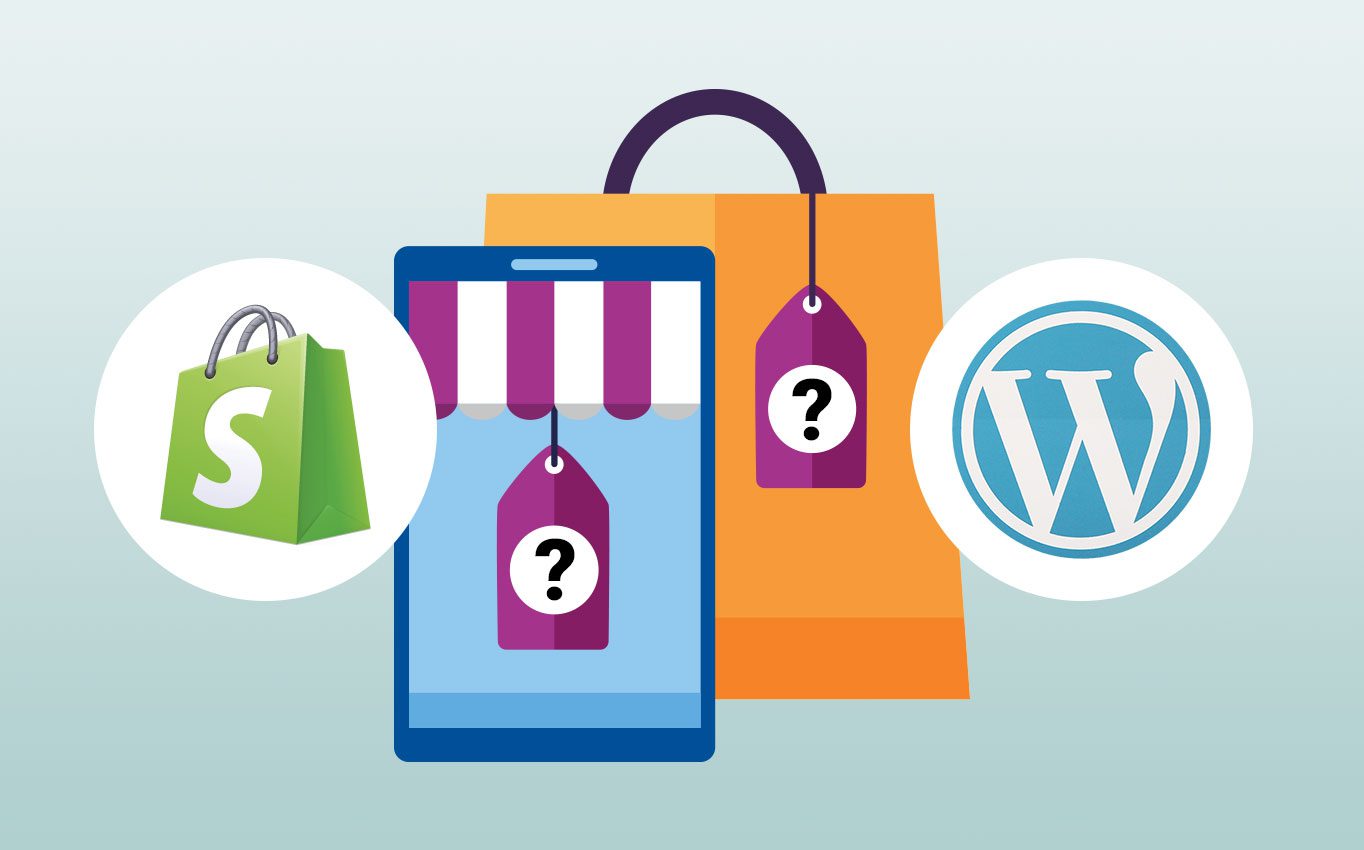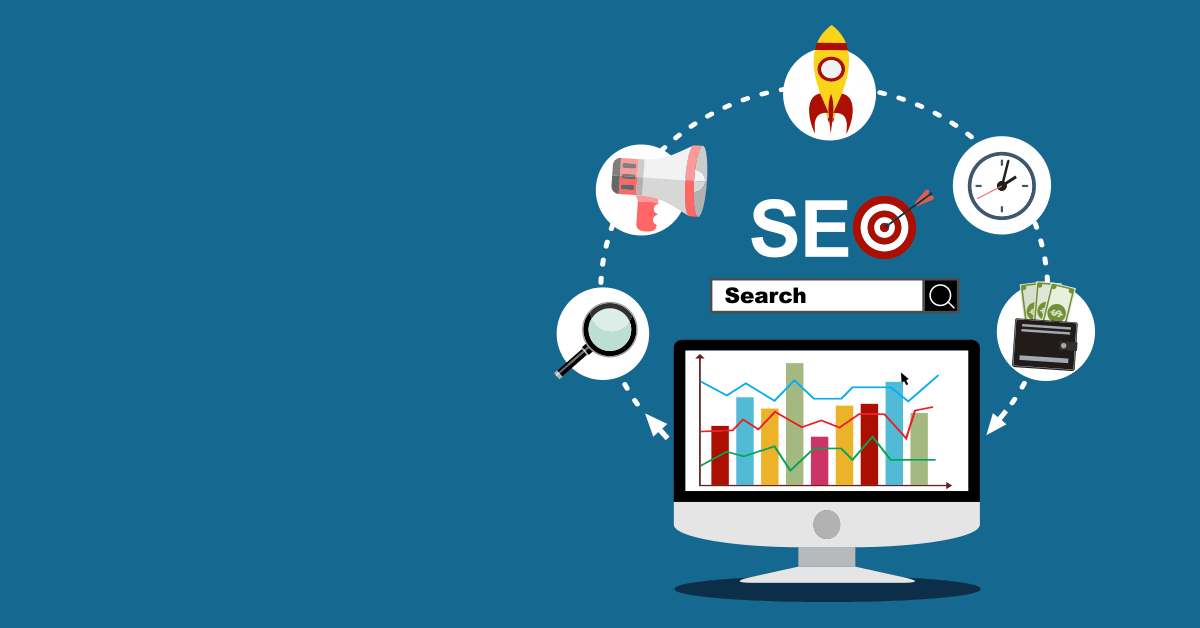E-commerce Web Services
eCommerce Web Design & Development Agency
Over 20 years of experience in e-commerce website design & development has taught us that every project is unique, so we’re here to help you find the right solution for your brand.
There are a range of e-commerce platforms available, each of which will fit a particular company’s product range, fulfilment process and stock management software.
Whether you choose a fully bespoke solution or an off-the-shelf platform such as Shopify or WooCommerce, we’ve got the know-how to make it work.
Want to chat with an expert?
SOLUTIONS THAT WORK FOR YOU.
We recommend WooCommerce (with WordPress) and Shopify for non-enterprise clients. These two platforms are easy to set up and simple to run. WooCommerce websites are great for customisation and Shopify websites are perfect for small stores with straightforward goals.
In partnership with our sister agency, Devstars, we’ve created e-commerce websites for Beyl Skincare, Islabikes, SlimFast, Molton Brown, Culter & Gross, Sandbag Music Merchandising, Penhaligon and Formahouse. …Phew!
So, if your e-commerce website needs shaking up, get in touch and we’ll get our thinking caps on.
And remember, we also offer Branding and SEO services too, so not only will your new eCommerce website look great, but it’ll bring in lots of customers too!
How much does an E-commerce website development cost?
A bespoke e-commerce website costs anywhere from £5000 – £50,000. It all depends on functionality. Where will you sell, what currencies, and what platforms do you want to integrate with? We’ve written an article on e-commerce website costs that may be useful when planning your budget.
Ready to discuss your requirements?
“I started De Havilland Gin, a premium Ggin brand, and needed a website designed with ecommerce functionality. LWDA were fantastic from start to finish. I would highly recommend LWDA for any web design project!“
Hiru Bathija
Brand Owner, De Havilland Gin


LIKE WHAT YOU SEE? GREAT!
Need to see more of our work?
You’ll find links to some of our most recent WooCommerce and Shopify work below. We hope you like what you see.
FAQ: Top 5 Questions About eCommerce Website Design & Development
eCommerce website development involves creating online platforms where businesses can sell products or services to customers over the Internet. It is crucial for businesses because it provides a digital storefront to reach a broader audience, increase sales, and streamline the buying process, offering convenience to both buyers and sellers.
An effective eCommerce website typically includes the following components:
- User-Friendly Design: Intuitive navigation, appealing product displays, and a seamless checkout process.
- Product Listings: Detailed product descriptions, high-quality images, and pricing information.
- Shopping Cart: A feature for customers to add and review items before making a purchase.
- Payment Processing: Secure and convenient payment options, including credit cards, digital wallets, and more.
- Inventory Management: Tools to track and manage product availability.
- Security Measures: SSL certificates, data encryption, and protection against cyber threats.
- Search and Filter Options: Tools for customers to easily find products.
- Customer Reviews and Ratings: Social proof to build trust.
- Responsive Design: Ensuring the website functions well on various devices.
Popular eCommerce platforms for website development include:
- Shopify: Known for its ease of use and scalability, suitable for businesses of all sizes.
- WooCommerce: A WordPress plugin that adds eCommerce functionality to existing websites.
- Magento: Ideal for larger enterprises with complex eCommerce needs.
- BigCommerce: Offers a feature-rich platform for businesses looking to scale quickly.
- Wix eCommerce: Combines website building with eCommerce capabilities.
The choice of platform depends on factors such as your business size, budget, and specific eCommerce requirements. At LWDA, we specialise in WooCommerce and Shopify.
eCommerce website development plays a significant role in SEO and online visibility by:
- Optimizing Site Speed: Faster-loading pages improve user experience and search engine rankings.
- Mobile Responsiveness: Ensuring the website works seamlessly on mobile devices, which is critical for SEO.
- Structured Data: Using schema markup to provide search engines with product information.
- Content Optimization: Creating high-quality, SEO-friendly product descriptions and content.
- Security: Implementing HTTPS and secure payment processing, which search engines favour.
- User Experience (UX): Enhancing the overall user experience, which can reduce bounce rates and improve rankings.
To ensure the security and data protection of your eCommerce website, consider these best practices:
- Regular Updates: Keep all software, including plugins and extensions, up to date.
- SSL Certificate: Use HTTPS to encrypt data transmission between your site and users.
- Secure Payment Processing: Partner with reputable payment gateways and comply with industry standards.
- Data Backup: Regularly back up customer data and website files.
- User Authentication: Implement strong password policies and two-factor authentication.
- Monitoring and Firewall: Employ security plugins and tools to monitor for suspicious activities and block threats.
- Employee Training: Train your team to recognize and respond to security threats.
Prioritizing security is essential to protect your customers’ sensitive information and maintain trust in your eCommerce brand.
Let’s talk
Have we piqued your interest? If so, just pick up the phone or send us a message and we’ll be happy to help you attract more customers and drive sales!
We look forward to hearing from you soon.
E-commerce insights
The latest e-Commerce news, comments and developments from LWDA.







